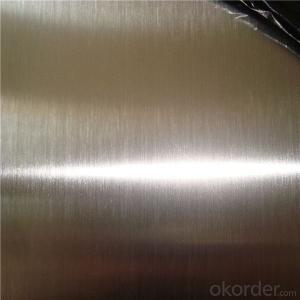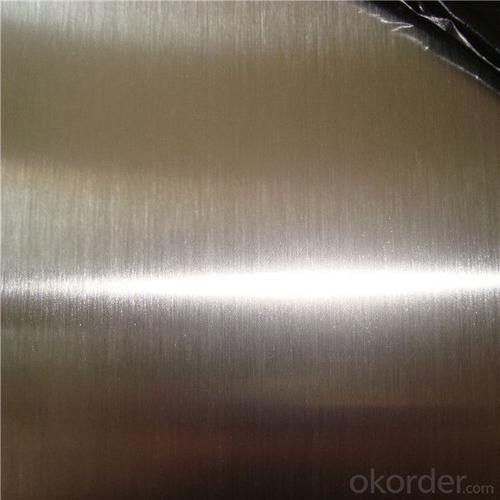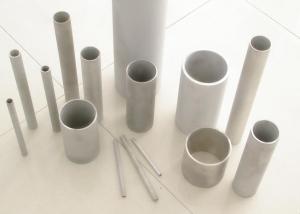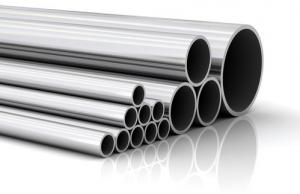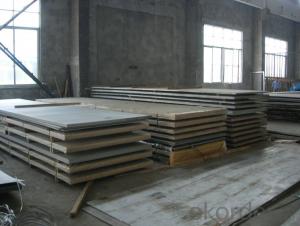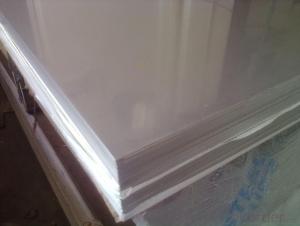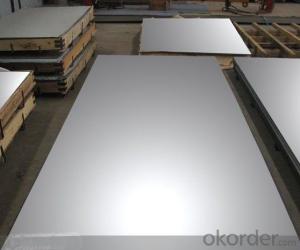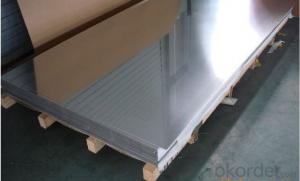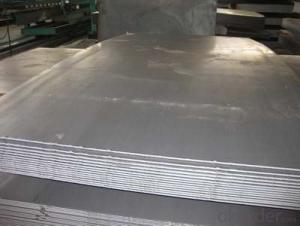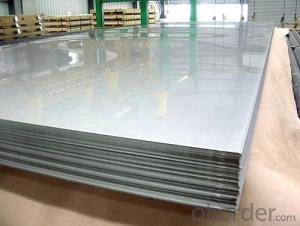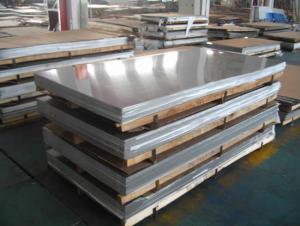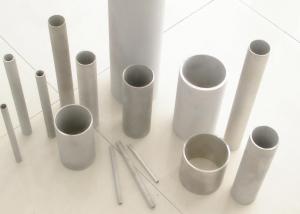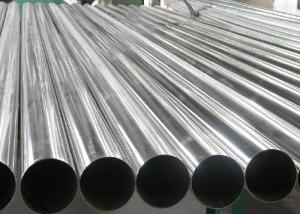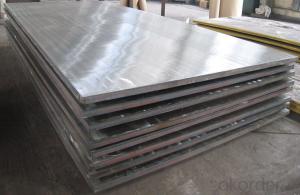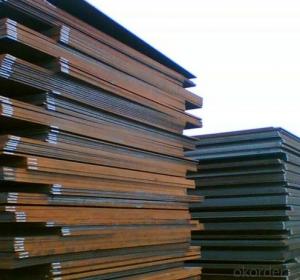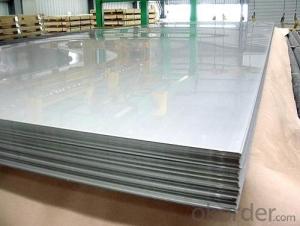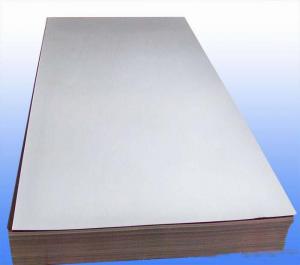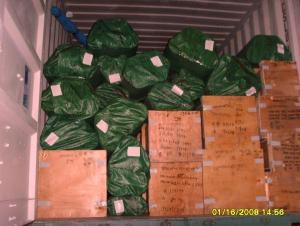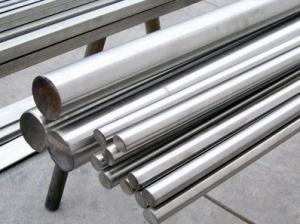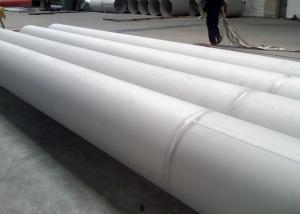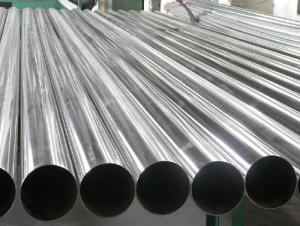309 Stainless Steel Plate with good quality
- Loading Port:
- Shanghai
- Payment Terms:
- TT OR LC
- Min Order Qty:
- 1 m.t.
- Supply Capability:
- 1000 m.t./month
OKorder Service Pledge
OKorder Financial Service
You Might Also Like
Specification
309 stainless steel plate China Mill price
Product Description
Thickness: 0.3mm-3.0mm (Cold Rolled Stainless Steel Plate)
3mm-100mm (Hot Rolled Stainless Steel Plate)
Width:500mm, 1000mm,1219mm,1250mm,1500mm,
Length: 500mm,2000mm,3000mm,2438mm,as customer requirement
1) Material :
200 Series:201, 202
300 series:301,302,303,304,304L,304H,304N,305,309,309S,310,
310S,316,316L,316Ti,317,317L,321,321H,347M347H
400 series: 408,409,410,416,420,430,436,439,440,441,443,444
600series:610,620,630
900series:904L
Duplex stainless steel :S32750,S31803,S31500,SAF2507,SAF2205,etc
2)Surface Finish: 2B/BA/8K/HL/NO.1/NO.3NO.8/ NO.4/6K/HAIR LINE
3)Standard: GB/T4237-2009
GB/T4238-2009
GB/T3280-2007
GB/T4237-2007
JISG4304-2005
JISG4305-2005
ASTM A240/240M-10
ASTM A240-05
4)Rolling Range: Thickness*Width*Length 0.3-100mm*500-4200mm*500-18000mm or as per your request
Product Uses
Finish | Thickness | Characteristics |
No. 1 | 2.0mm ~12.0mm | Surface finished by hot-rolling, annealing and pickling, characterized by white pickled surface. |
2B | 0.3mm ~3.0mm | Finished by heat treatment, pickling after cold rolling, followed by skin pass line to be brighter. |
BA | 0.3mm ~1.5mm | Processed with bright heat treatment after cold rolling. |
No. 4 | 0.4mm ~3.0mm | Polishing with No. 150 to No.180 abrasives. The most popular finishes. |
HL | 0.4mm ~3.0mm | Finished by continuous polishing streaks by using abrasive of suitable grain size. |
SB | 0.4mm ~3.0mm | Polishing with No. 150 to No. 180 Scotch-Brite abrasives. |
Packaging & Shipping
1.Packaging:All products are packaged according to the Standard export packing.In order to prevent friction damage and water erosion and so on.
2.Shipping: Ocean transportation,land transportation or air transportation.
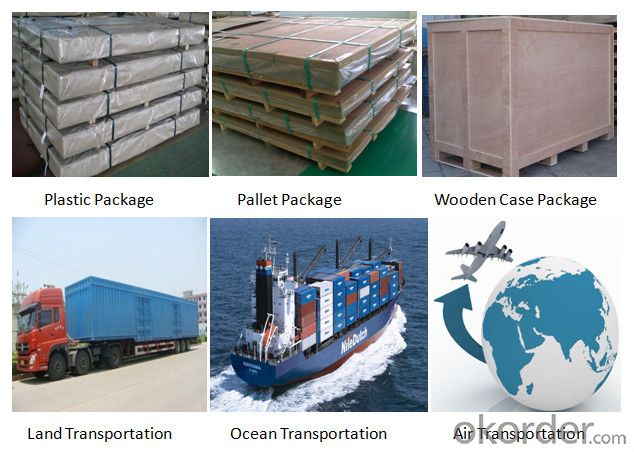
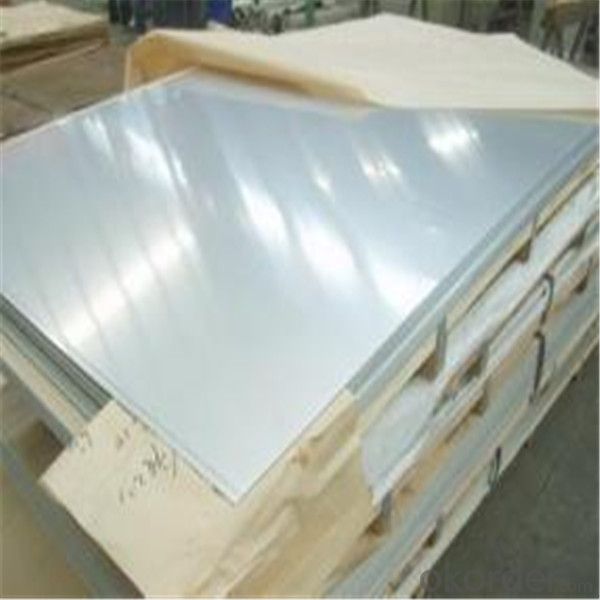
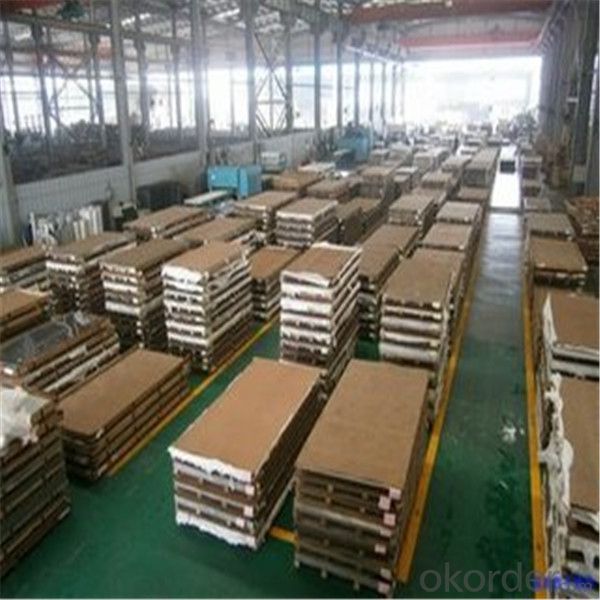
- Q: Can stainless steel sheets be used for fireplaces?
- Yes, stainless steel sheets can be used for fireplaces. Stainless steel is a popular material for fireplace construction due to its high resistance to heat and corrosion. It is durable and can withstand the extreme temperatures generated by a fireplace, making it a suitable choice for both indoor and outdoor fireplaces. Additionally, stainless steel sheets can be customized and fabricated to fit any fireplace design, offering versatility in aesthetics and functionality.
- Q: Are stainless steel sheets suitable for outdoor sculptures?
- Yes, stainless steel sheets are highly suitable for outdoor sculptures. Stainless steel is a durable and corrosion-resistant material, making it ideal for withstanding harsh outdoor conditions. It is resistant to rust, staining, and fading, making it a low-maintenance choice for outdoor sculptures. Additionally, stainless steel has a sleek and modern appearance, which can enhance the aesthetic appeal of outdoor artworks. Its strength and malleability also make it suitable for creating intricate and detailed sculptures. Therefore, stainless steel sheets are an excellent choice for outdoor sculptures, ensuring longevity and enhancing their visual impact.
- Q: Are stainless steel sheets heat resistant?
- Yes, stainless steel sheets are heat resistant. Stainless steel is known for its high resistance to heat and corrosion, making it suitable for various applications that involve high temperatures. It can withstand high levels of heat without warping, melting, or losing its structural integrity. This heat resistance is due to the chromium content in stainless steel, which forms a protective oxide layer on the surface, preventing oxidation and maintaining its strength even at elevated temperatures. As a result, stainless steel sheets are commonly used in industries such as manufacturing, construction, automotive, and food processing, where heat resistance is crucial.
- Q: What are the different types of etched finishes available for stainless steel sheets?
- There are several different types of etched finishes available for stainless steel sheets, each providing a unique and distinctive appearance. Some of the most common etched finishes include: 1. Brushed Finish: This is a popular etched finish that creates a uniform and linear texture on the surface of the stainless steel sheet. It is achieved by brushing the sheet with a fine abrasive material, resulting in a smooth and satin-like appearance. 2. Bead Blasted Finish: In this etched finish, small glass or ceramic beads are blasted onto the surface of the stainless steel sheet at high pressure. This process creates a non-directional and uniform texture, giving the sheet a matte and slightly rough appearance. 3. Mirror Finish: Also known as a No. 8 finish, this etched finish creates a highly reflective and mirror-like surface on the stainless steel sheet. It is achieved through a series of grinding, buffing, and polishing processes, resulting in a flawless and shiny appearance. 4. Satin Finish: This etched finish is similar to a brushed finish but has a finer and smoother texture. It is achieved by using a finer abrasive material during the brushing process, resulting in a soft and elegant appearance. 5. Patterned Finish: This etched finish involves creating various patterns or designs on the surface of the stainless steel sheet. It can be achieved through techniques such as laser etching, chemical etching, or embossing, allowing for a wide range of creative and customizable options. These different etched finishes offer a variety of aesthetic choices for stainless steel sheets, allowing them to be used in various architectural, decorative, and industrial applications. The choice of finish depends on the desired appearance, functionality, and intended use of the stainless steel sheet.
- Q: Are stainless steel sheets suitable for pharmaceutical cleanrooms?
- Indeed, pharmaceutical cleanrooms greatly benefit from the use of stainless steel sheets. The pharmaceutical industry widely embraces stainless steel due to its exceptional resistance to corrosion, durability, and ease of cleaning. This material possesses a non-porous nature that eliminates the potential of harboring bacteria or contaminants, making it an ideal option for cleanroom environments where the maintenance of a sterile and hygienic atmosphere is of paramount importance. Furthermore, stainless steel sheets can be effortlessly sanitized and endure harsh cleaning agents without deteriorating or releasing particles, which could compromise the pharmaceutical products being manufactured. Moreover, the smooth and non-shedding surface of stainless steel prevents the accumulation of particles and simplifies cleanroom maintenance. Ultimately, the utilization of stainless steel sheets in pharmaceutical cleanrooms guarantees compliance with rigorous cleanliness and sterility requirements.
- Q: Can stainless steel sheets be used in industrial applications?
- Yes, stainless steel sheets can be used in industrial applications. Stainless steel is known for its durability, corrosion resistance, and strength, making it suitable for various industrial sectors such as construction, automotive, manufacturing, and food processing. It is commonly used for building structures, machinery components, storage tanks, and in environments that require high hygiene standards.
- Q: How do you join stainless steel sheets together?
- Stainless steel sheets can be joined together through various methods, such as welding, riveting, bolting, or using adhesives. The specific joining technique depends on the application, the desired strength, and the aesthetic requirements.
- Q: Can stainless steel sheets be formed into complex shapes?
- Yes, stainless steel sheets can be formed into complex shapes. Stainless steel is known for its excellent formability and versatility, making it one of the most widely used materials in various industries. It can be easily fabricated using techniques such as bending, rolling, stamping, and deep drawing, allowing the formation of complex shapes with precision and accuracy. Moreover, stainless steel has high ductility and can withstand significant deformation without losing its mechanical properties or structural integrity. As a result, it is often preferred for applications that require intricate and customized designs, such as architectural structures, automotive parts, kitchen appliances, and medical equipment.
- Q: What are the different types of punched finishes available for stainless steel sheets?
- Stainless steel sheets offer a range of punched finishes, each with distinct qualities and advantages. Let's explore some of the most commonly used options: 1. Round Hole: This punched finish, which features evenly spaced round holes, is highly versatile and widely utilized. It enables effective airflow and visibility and finds applications in ventilation systems, decorative panels, and filters. 2. Square Hole: With a clean and contemporary appearance, the square hole punched finish is often chosen when a more geometric pattern is desired. It is commonly employed in architectural projects, screens, and fencing. 3. Slotted Hole: The slotted hole punched finish is characterized by elongated holes, providing larger openings for enhanced visibility or improved drainage. It finds uses in grilles, sunshades, and safety barriers. 4. Hexagonal Hole: Offering an aesthetically pleasing pattern, the hexagonal hole punched finish showcases hexagon-shaped holes. It is commonly used in decorative applications like wall cladding, signage, and artistic installations. 5. Decorative Patterns: In addition to the standard punched finishes, stainless steel sheets can be customized with various decorative patterns, including personalized designs, logos, or intricate shapes. This allows for a unique and personalized touch in any project. When choosing a punched finish for stainless steel sheets, it is crucial to consider the specific requirements of the application, including aesthetics, functionality, and performance. Key factors to consider include hole size, open area percentage, strength, and corrosion resistance.
- Q: Can stainless steel sheets be cut to custom sizes?
- Yes, stainless steel sheets can be cut to custom sizes.
Send your message to us
309 Stainless Steel Plate with good quality
- Loading Port:
- Shanghai
- Payment Terms:
- TT OR LC
- Min Order Qty:
- 1 m.t.
- Supply Capability:
- 1000 m.t./month
OKorder Service Pledge
OKorder Financial Service
Similar products
Hot products
Hot Searches
Related keywords
